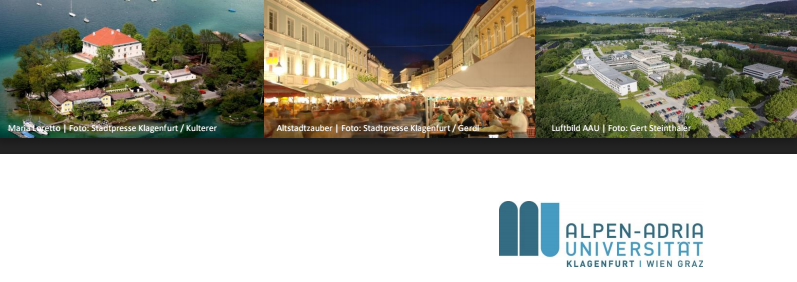Digital embeddedness (Markham, 2017) is increasingly shaping how we experience our social lives. At the same time, as all levels of culture and society are shaped by new technological advancements online that lead to new forms of mediatization, the ways and contexts in which digital media are integrated into communicative structures are becoming more diversified and – at the same time – globalized. Likewise, mediatization is directly linked to modernity as new technologies permeate everyday life at the personal, social and global level (Hjarvard, 2008). Global flows of information are regarded as a fundamental driving force and an integral part of everyday life (Livingstone, 2009). Rapid developments in media technologies engender global mediatization processes within overlapping, micro, meso and macro levels (Döveling & Harju, 2017).
In this context, mediatization research has evolved into a highly beneficial meta-perspective (Krotz, 2007; 2017) of communication and media science (Lundby, 2014; Couldry & Hepp, 2013). The challenge that mediatization research nowadays faces is grasping the rapidly developing online communication and integrate this into mediatization research, at the same time taking the shift of cultural boundaries in comparative studies into account.
This GLOBAL MEDIATIZATION CONFERENCE will tackle these issues and invites abstracts on research investigating the international perspective on mediatization.
Vital questions are:
- How can we conceptualize global mediatization in the digital age?
- How has digital communication changed mediatized social behavior and vice versa?
- How does the global dimension influence local practices and vice versa?
- How does globally mediatized communication affect individuals, groups (e.g. religious groups) and society? How do different cultures affect globally mediatized communication?
- What insight do we gain from a culturally and internationally comparative focus?
- How are visuals used globally, e.g. after terrorist attacks?
- What role do emotions and affective practices play?
- Which methods do we have to grasp globalized mediatization online? Which time- frame in research should be chosen and what methodological challenges do we need to tackle?
By analyzing the extent to which people actively participate with new media technologies, we can grasp the multifaceted interrelations of new globally evolving media-technological developments, provide insight into usability, psychology in the context of user interfaces, virtual reality, sentiment analysis as well as the sociological analysis of the digital of everyday life.
This conference thus invites scholars from wide international and interdisciplinary fields to examine one of the predominant queries concerning humans in today’s society and aims to provide insight and understanding into current psychological, cultural, sociological, political and media technological developments and concerns that relate to social as well as political and technological challenges we face. The conference will shed light into factors influencing humans in the digital age from a long-term and global perspective. Analytical perspectives as well are empirical studies are welcome. An international plenary discussion will illuminate the challenges we face regarding globally mediatized communication.
We invite abstracts (300-400 words) and panel submissions (3-4 abstracts, each 150 words). The conference will lead to a high ranked peer-reviewed publication. We offer a specially reduced fee and special accommodation for doctoral students.
CONFIRMED KEY NOTE SPEAKERS:
- STIG HJARVARD, UNIVERSITY OF COPENHAGEN, DENMARK
- FRIEDRICH KROTZ, UNIVERSITY OF BREMEN, GERMANY
Responsible: Katrin Döveling katrin.doeveling@aau.at
Organizational Team: Katrin Döveling, Sarah Kohler, Christina Farcher
Conference organizers contact and submission to GMR@aau.at
Location: Alpen-Adria-Universität Klagenfurt, Austria
Website will be launched soon!
DATES:
- Conference Dates: April 19th – April 21st, 2018
- Submission of Abstracts (300-400 words) & Panels (3-4 abstracts 150 words) Nov. 15th, 2017
- Submission Feedback: Dec. 15th, 2017

